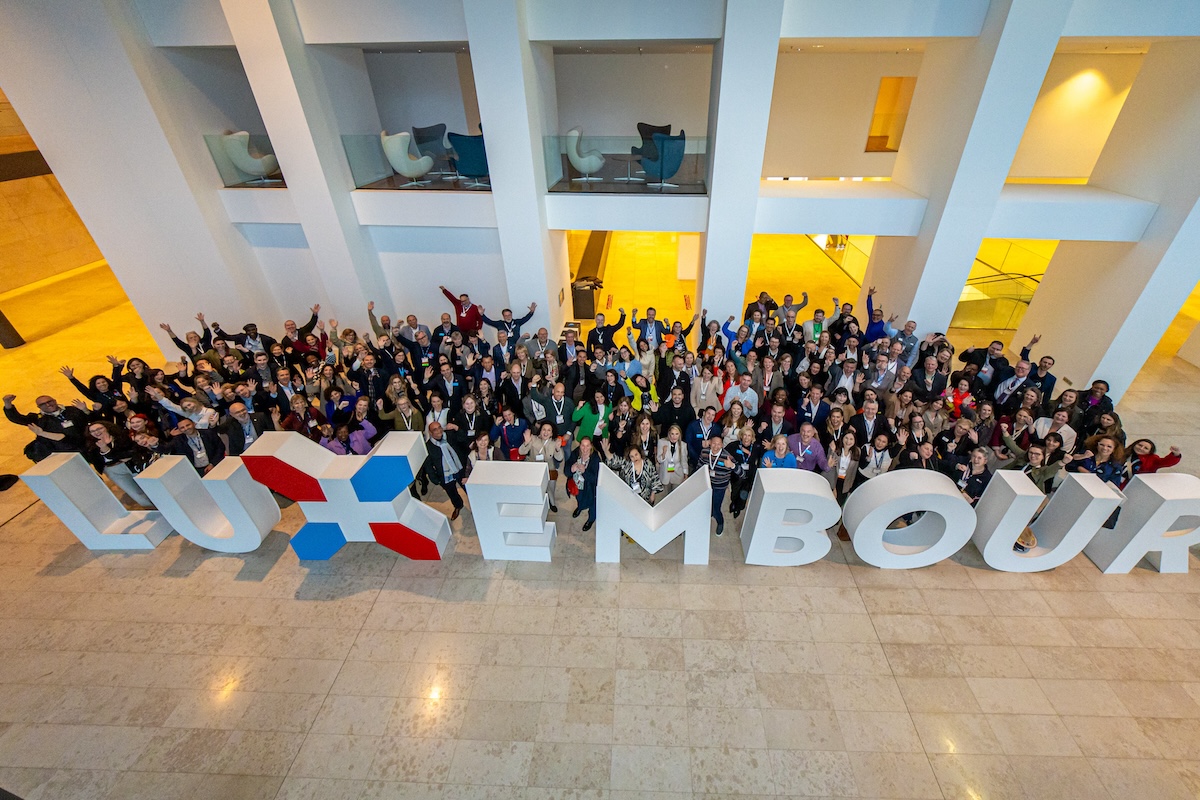Skift Take
Conferences and events are finding themselves digging deeper to excite and engage younger attendees. A scarcity of the new generation of participants leads to diverse attempts at attracting this demographic.
A dearth of young conference-goers at today’s gatherings has sparked a conversation about participation trends and what this could mean for the future of the events industry.
While some question whether this is truly a trend, noting the challenging history of attracting the less established or younger crowd to events that might not be funded or compensated for those in entry-level positions — compared to management or long-term members of an organization — some within that demographic offered additional insights into what could be behind the slump.
A prevalent trend is the millennial generation and those younger prioritizing experiences. “When it comes to events, they are not interested in meritocracy or ceremony,” said Ken Holsinger, senior vice president of strategy for Freeman. “It is curated experiences that are highly sought after.”
It is too early to tell if younger people are going to continue to shy away from conferences, said Holsinger. “Most indications show younger audiences more than willing to prioritize great and even expensive experiences. I am at a show right now where the average age is 32, and there are 150,000 people here,” he said.
One Millennial pointed out the unwelcome need to forego income and attention away from her own event to attend other conferences while also noting inherent issues that could be at the heart of lower attendance.
“I think it depends on what young professionals will get out of these events. How many younger event profs have the budget and buying decisions? There is no doubt that a large part of industry events is about making connections, especially with suppliers, to create new partnerships,” said Hayley Nicholson, Event Content Manager for the Financial Services Portfolio at Incisive Media.
Attendance at trade shows and conventions across the board is down. In many cases, to cut costs, only decision-makers attend. That is impacting the number of younger attendees. “They don’t have the buying power of more established executives and aren’t making the cut to attend these conventions,” said Nicholson.
Other issues were raised based on relevant content and differing priorities that might be worth considering — that of focusing on sales partnerships over community building — that might not resonate with a generation born into social media.
“The younger generation, those 25 to 35 years old, has bias to experience, so conferences are looking to do more to provide unique experiences,” said Jeff Bzdawka, chief executive officer of Knowland, a data and hospitality technology company.
That can be virtual reality, sustainability initiatives, or corporate social responsibility activities.
“The programs we plan must be thought-provoking, timely, and relevant. They must provide information that someone can’t just get online,” said Nicholson. “As planners, we must keep that in mind and provide content that is not just aimed at senior leaders.” At 26 years old, Nicholson has a good handle on what this generation finds appealing.
One way she is trying to attract younger insurance advisors is by incorporating next-generation open forums into her autumn conference. “It will offer the opportunity for advisors in the industry with less than two years’ experience to ask any questions they have for a panel of veterans,” she said.
While some posit that an issue could be changing attitudes toward the value of in-person networking, with post-Covid pandemic norms of remote conferencing becoming the accepted new normal, not everyone agrees.
“I don’t see a big difference in numbers of younger attendees at events,” said Reina Herschdorfer, director of marketing, national meetings, and events at Caesars Entertainment, Las Vegas. “I think while younger generations might want to work remotely for the convenience, comfort, and productivity when it comes to connecting, they are very invested in those personal face-to-face networking opportunities.”
While changing attitudes and philosophies about the value of connection might not be at issue, certain realities of pandemic consequences are hard to ignore. Financial and practical challenges can be felt in nearly every industry and organization, no matter how big or small.
Clearly, the future of the events industry needs to include a game plan to engage and attract next-generation participants.





